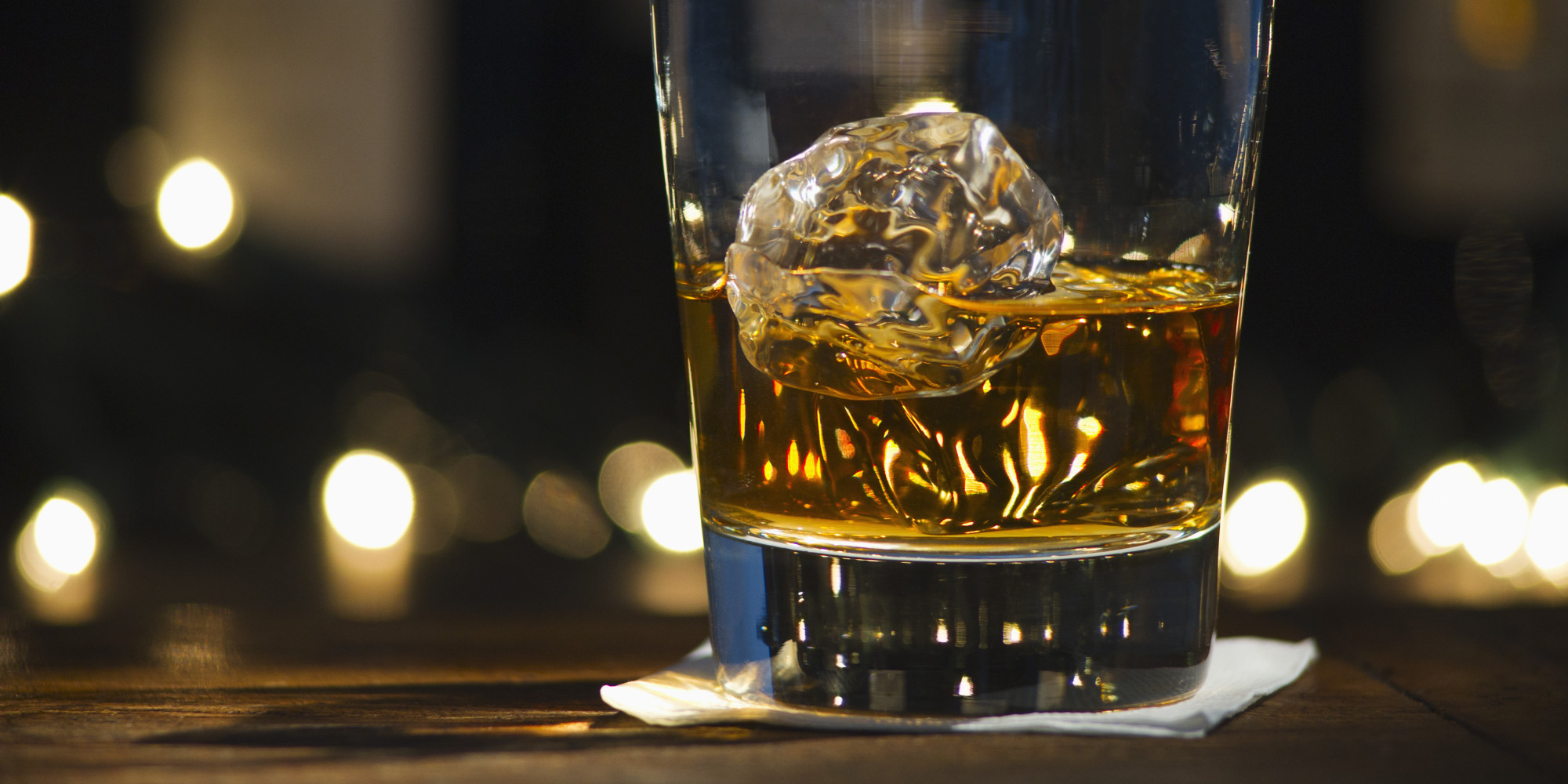

It is aged in wooden casks and most brands use charred white oak for their casks to really give it a distinctive flavor. All of the grains used must be malted (soaked in water) and can include barley, rye, corn, and wheat. This spirit is made from distilling different types of grain mash. The first commercial distillery in Kentucky was the Evans Williams Distillery located in Louisville (1783).Īs we have mentioned, whiskey is the original variation of the spirit, and Scotch and bourbon were created later.Old Bushmills Distillery in Northern Ireland holds the title of “Oldest Licensed Whiskey Distiller” in the world (1608).His process of sour mashing led to the creation of bourbon. A small town grocer, John Walker (yes, that John Walker), in the Scottish burgh of Kilmarnock in East Ayrshire, began distilling and distributing his brand of scotch whisky. Over the next 100 years, whiskey as we know it began to be made. This turned into what was known as the “whiskey tax” which led to a violent resistance by citizens (primarily in western Pennsylvania) called the “Whiskey Rebellion.” The government was able to suppress the rebellion, though they still found it difficult to collect the tax. After the war a tax was put on whiskey to help recover the debt of the war. As time continued, Americans began seeing whiskey’s value, so much so that it was used as currency in the Revolutionary War. When colonists came to America, they brought distilling with them and the beginnings of modern day American whiskey. Hundred of years later (we’re still talking a very long time ago), it was all over Scotland, but now being distilled independently. So they began fermenting grain mash, which created the first of modern day whiskey.

Because Scottish and Irish monasteries didn’t have vineyards (and by association grapes) wine wasn’t an option. It originated in Scotland and Ireland over 1,000 years ago after traveling monks brought distillation to the area. They are all distilled the same way with a couple of exceptions. Each spirit is made from a specific grain mash that might include corn, barley, rye, and wheat.

Bourbon and scotch are types of whiskies with different regulations and rules that make them different from whiskey. Basically whiskey is the original version of the spirit. However, some types do overlap a bit, but we’ll get into that later. No, bourbon, whiskey, and scotch are not the same. Are Bourbon, Whiskey, and Scotch the Same? You may have heard the phrase, “Bourbon is whiskey but not at all whiskey is bourbon.” But what does that mean? Let’s find out. Most of the rest of the world have followed suit. The Irish and Americans spell whiskey with an “e” while their Scottish counterparts leave out the “e.” Canada, India, and Japan, the three other major whiskey producers, also follow the Scottish spelling.
Yes, whisk(e)y can be spelled both with an “e” and without it, which can confuse even the most seasoned drinkers. Either way, here is our guide to bourbon, whiskey, rye, and scotch. Or keep the information all to yourself, and impress them with your knowledge instead. After reading this article, you should know enough to explain the differences to your friends. Let’s look into the differences and similarities between bourbon, whiskey, and scotch, and even discover a great list of cocktails that you can make. So, unless you are an experienced bartender or someone who absolutely loves whiskey, it makes sense that you haven’t studied the differences between these three spirits. You already know how much we love bourbon! But, the nuances of specific liquors tend to go over many people’s heads. If you fall into the latter category, you are definitely not alone. Really, is there any difference between these spirits? Some think they’re entirely different drinks, others think they are the same thing with different names, but a lot of people really have no idea. How About Rye And Scotch While Were At It


 0 kommentar(er)
0 kommentar(er)
